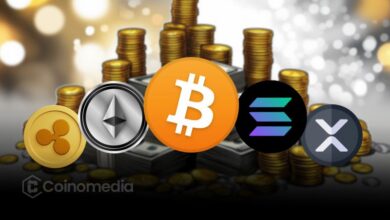China and Russia Settle Energy Trades in Bitcoin
VanEck reveals China and Russia are now settling energy trades in Bitcoin, signaling a major shift in global finance.

- China and Russia reportedly use Bitcoin for energy trade settlements.
- VanEck’s statement signals rising BTC adoption in geopolitics.
- This may weaken the U.S. dollar’s global dominance.
Bitcoin Enters the Geopolitical Arena
In a groundbreaking revelation, VanEck, a leading global investment manager, has stated that China and Russia are settling energy trades using Bitcoin. This move could mark a major milestone in the adoption of digital currencies at the state level, especially among countries seeking alternatives to the U.S. dollar in global trade.
While both nations have shown interest in de-dollarizing their economies, the use of Bitcoin in such high-value international transactions underscores a growing trust in cryptocurrency as a legitimate financial tool—not just for individuals or corporations, but for entire countries.
What This Means for Global Finance
The reported Bitcoin energy trade between China and Russia is not just a tech or finance story—it’s geopolitical. For decades, the U.S. dollar has dominated international trade, especially in energy markets. If China and Russia are indeed moving forward with BTC settlements, it could challenge this dominance and reshape how countries conduct cross-border transactions.
This shift could open the door for other nations, especially those under U.S. sanctions or seeking financial independence, to explore Bitcoin as an alternative reserve asset and trade currency.
Implications for Bitcoin and the Crypto Market
The potential impact on Bitcoin is massive. Not only does this boost BTC’s credibility, but it also introduces a new layer of utility—being used for international trade by major global powers. This move may also encourage greater institutional interest and investment in Bitcoin, possibly pushing its value and usage even further.
However, this development could also attract increased scrutiny from regulators in Western countries, especially the U.S., as the geopolitical and financial implications unfold.



